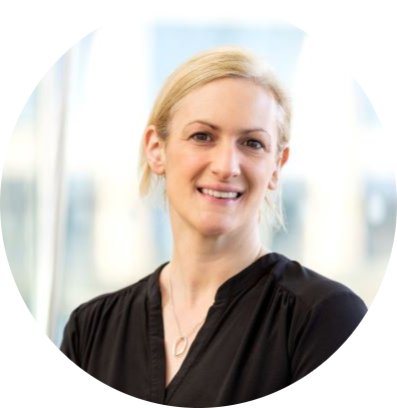About this event
A Public Launch Event for the Centre for Technomoral Futures - ‘A Conversation on Technomoral Futures: Building Wisdom from Crisis’
Join us online for an evening of conversation about how technical and moral intelligence can be brought together to lead us out of crisis and into hope.
We will host leaders, creators and innovators from academia, technology, business and the third sector to discuss the possible futures we can build in Scotland and the world as we emerge from the most challenging years of the century.
We’ll also introduce the Centre’s first year interdisciplinary PhD students and share the Centre’s mission to bridge the divide between technical expertise and moral wisdom.
Framing the Conversation:
Is the idea of 'technomoral futures' an oxymoron? That is, do technology and morality necessarily take us on different paths?
Or do they represent two keys to wise and sustainable futures that must be turned together?
Join our distinguished panelists and the Centre's student researchers as they share their perspectives on technomoral futures by engaging the central question of the event:
How can reunifying human technical and moral intelligence help us cope with future crises and challenges more wisely and equitably?
For all participants, we hope to prompt some constructive answers to this question by encouraging all participants to engage in some pre-event personal reflections:
As we emerge from the most difficult years of this century so far, imagine a possible future that you have real hope for, for Scotland/UK and the world. When you envision that world, what do you see that is most new, still to be built? What do you see that is most familiar, something we must preserve or repair?
What do we need from technology, and what do we need from moral wisdom, to do this vital building and repairing of our futures?
What are the two or three most important lessons to learn from the pandemic crisis and the other hard challenges and traumas of 2020-2021?
Panellists:
Shannon Vallor, is the Baillie Gifford Chair in the Ethics of Data and Artificial Intelligence at the Edinburgh Futures Institute, where she directs the Centre for Technomoral Futures. She is also appointed in Philosophy. Shannon serves as Chair of the Scottish government’s Data Delivery Group and advises numerous government, industry and nonprofit organisations in the ethical use of data and artificial intelligence. She is the author of 2016’s Technology and the Virtues: A Philosophical Guide to a Future Worth Wanting.
Chris Speed, FRSE is Chair of Design Informatics at the University of Edinburgh where he collaborates with a wide variety of partners to explore how design provides methods to adapt and create products and services within a networked society. Chris co-directs the Institute for Design Informatics, home to researchers working across the fields of design, social science, and data science. Chris has directed multiple large grants with industry partners that apply methods to challenges in the creative industries, banking, international development and cultural heritage sectors.
Kate Fox is an Investment Manager for Baillie Gifford Positive Change which is a global equity strategy with dual objectives: to generate attractive investment returns and to contribute to a more sustainable and inclusive world. Having joined Baillie Gifford in 2002, Kate is head of the Positive Change team and has worked on the strategy since its inception in January 2017.
Alex Hutchison is Director of the Data for Children Collaborative with UNICEF – a unique partnership between UNICEF, The Scottish Government and the University of Edinburgh, based at The Data Lab. The Collaborative aims to address problems using responsible, innovative data science techniques and ultimately improve children’s lives, with a portfolio of projects across a broad spectrum of themes such as nutrition, mental health and COVID-19.
William Isaac is a Senior Research Scientist on DeepMind’s Ethics and Society Team focusing on fairness and governance of AI systems. He received his PhD in Political Science from Michigan State and a Master’s Degree in Public Policy from George Mason University. Prior to DeepMind, he served as an Open Society Foundations Fellow and Research Advisor for the Human Rights Data Analysis Group.
Adam Lang leads the work of Nesta in Scotland with a focus on supporting digital, data and technology-driven innovation for social good. Adam is a member of the Scottish Leaders’ Forum as well as the Scottish Government’s AI Strategy Steering Group and sits on the Scotland CAN DO Business Innovation Forum. Adam has served in a range of policy, public affairs and strategic communications roles in Scotland across the public, private and civil society sectors.
Agenda
Introductions and Opening Remarks from CTMF Director, Shannon Vallor
Panel Conversation
Presentations from CTMF PhD Researchers in AI and Data Ethics
Organised in partnership with Events & Protocol Office, University of Edinburgh







